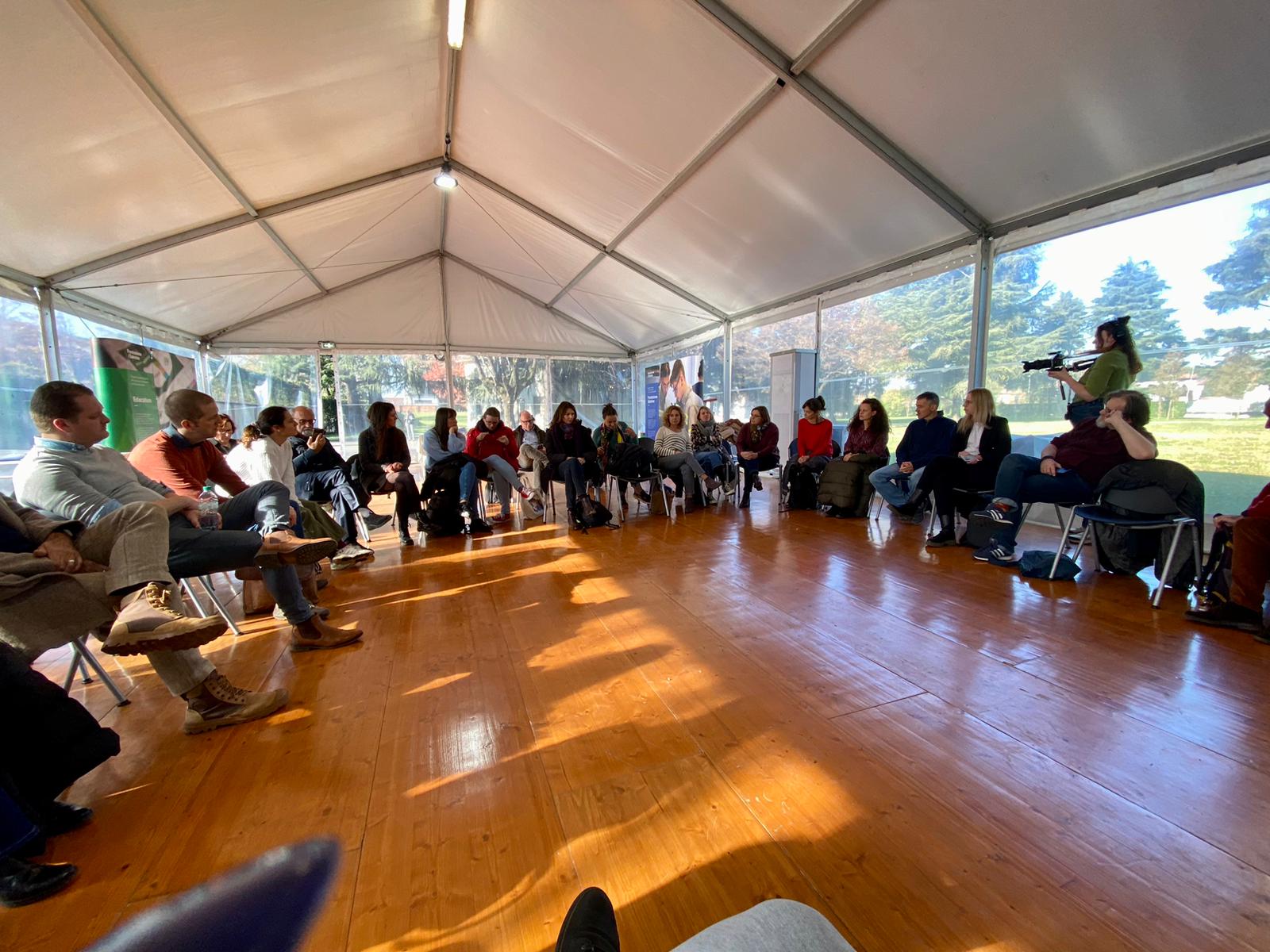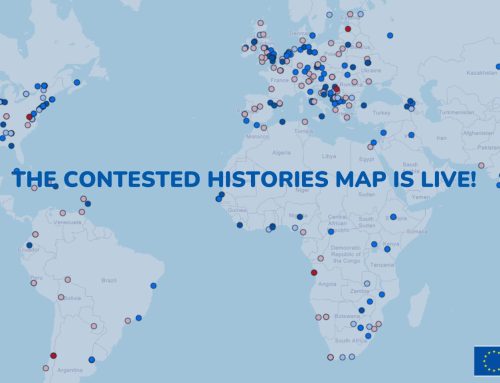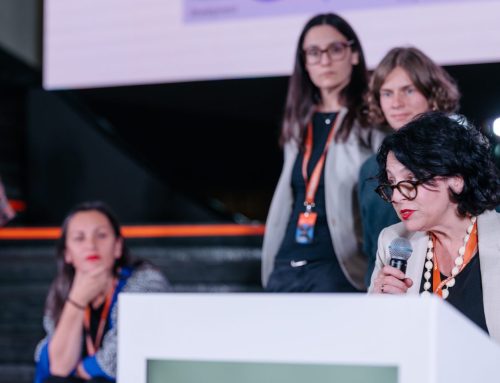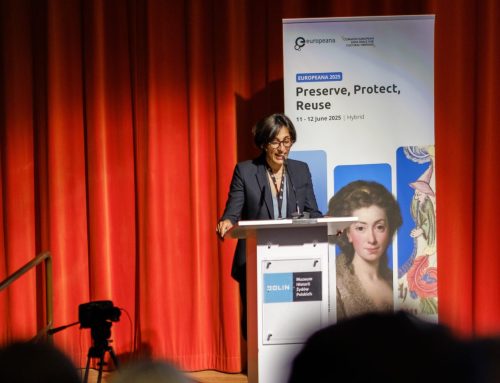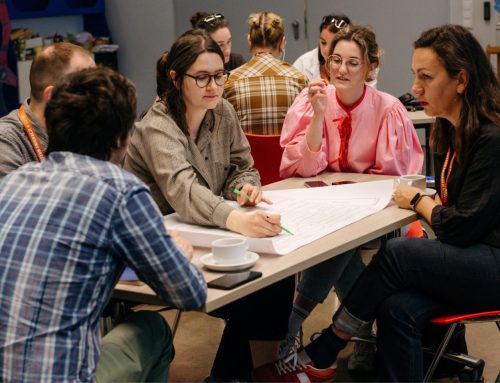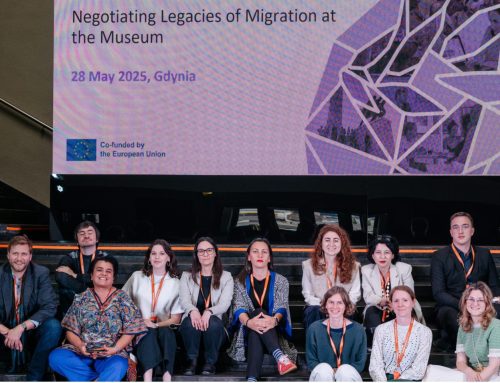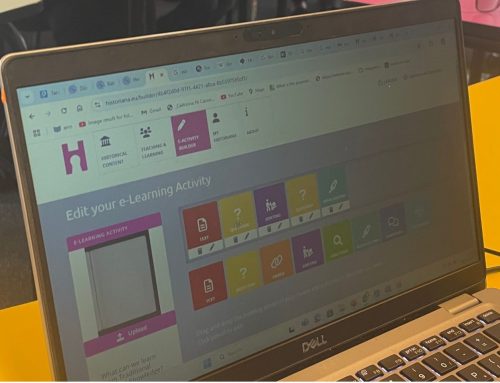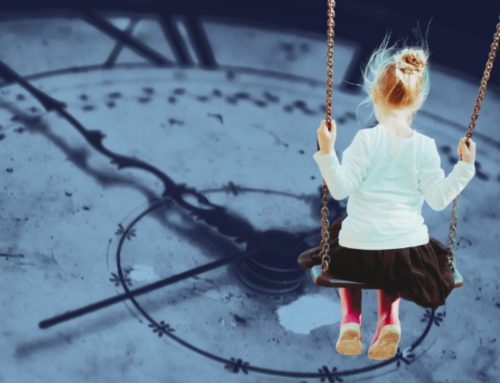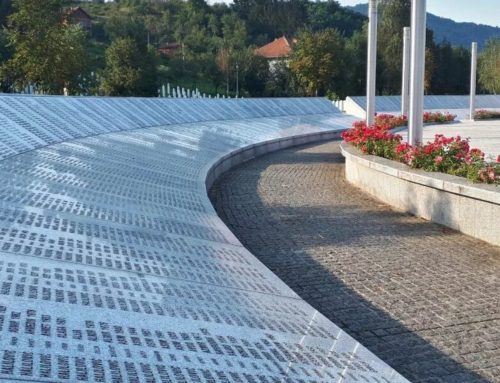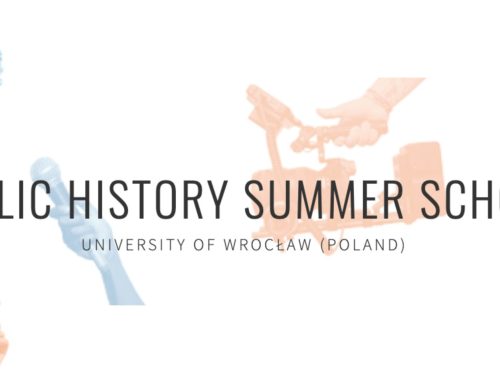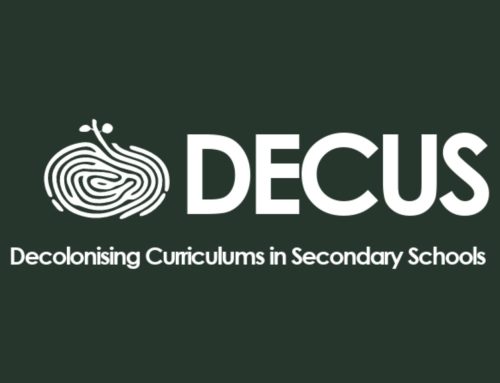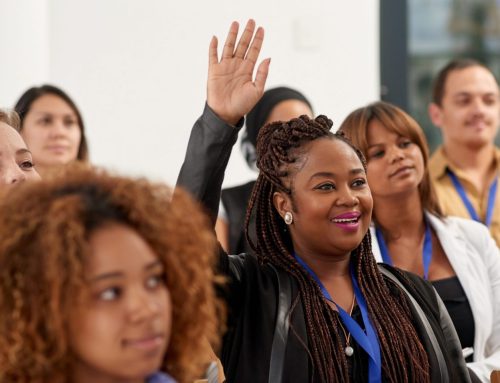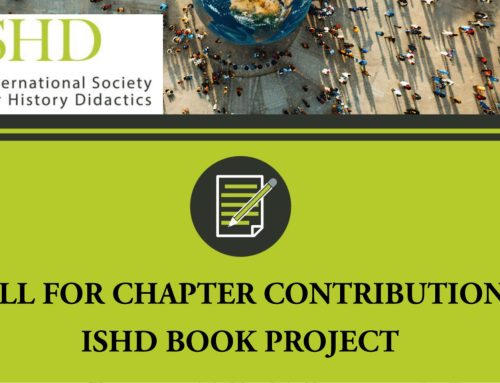On 23-25 November 2023, the Pan-European Gathering took place in the beautiful cities of Bergamo and Brescia.
The event was organised by EuroClio and Evens Foundation, where EuroClio for the first time had the opportunity to provide grants to one of the member associations, in this case, Clio ’92, the Italian Association of Research Groups on History Teaching and Learning, that took care of the planning of the event.
The gathering consisted of 3 days of parallel sessions and activities to bring together history teachers from different countries and discuss some important topics.
As a matter of fact, more than forty history teachers attended the event; while most of the attendees were already members of EuroClio, we were delighted to welcome some new faces.
The purpose of this gathering was to have one parallel session per day to examine various contemporary issues relevant to teaching history, such as environmental sustainability, migration, and inclusivity. The final product will be an online open-source volume that presents our viewpoint on the subjects to academics, teachers, and national and European institutions.
On November 23rd, we were greeted at the magnificent Brescia castle and given an overview of the programme by Marco Tibaldini, the primary organiser of the event, and Ivo Mattozzi, the president of Clio ’92. In this regard, EuroClio had the opportunity to inform the members about the most recent activities and opportunities for participation through a presentation.
We also got the chance to introduce Changing Democracies, one of our newest initiatives in partnership with Evens Foundation, providing attendees an ice breaker activity and opportunity to discuss about the transition of democracy in different countries.
In the afternoon, we moved to the Santa Giulia Museum, also located in the centre of Brescia to start with the first plenary session about one of the three topics, climate change.
All of the participants held group discussions about the current status of environmental sustainability in the various curricula of the countries in which they teach, potential future implementation strategies, and historical events that are directly related to climate change.
On the second day of the event, November 24th, all participants visited the Dalmine Foundation, which is regarded by the Council of Europe as an Individual Site of the European Route of Industrial Heritage and is located in Dalmine, a town in the province of Bergamo. Here, the attendees learned more about it through a tour of their stunning archive and multiple presentations by high school students on projects they worked on in association with the Dalmine Foundation, such a podcast concerning the EU.
In the large foundation space, we completed some work and convened for our second plenary session on the subject of migration. The participants talked in groups about historical migration as well as how to talk about this subject on a deeper level to students while taking current migration into consideration.
Following our tour to the university canteen for lunch and the visit of a school, we had the chance to thoroughly immerse ourselves in the world of education of this town. The Verdellino Zingonia school that hosted us, serves as both a primary and middle school, with over 50% of its student body having a migrant background. This area is well-known for being the residence of numerous immigrants to Italy, likely because of the area’s high industrial density and plenty of employment opportunities. We finally got to spend some time with the children, which made everyone happy and energetic.
The middle school in this region hosted our third and final plenary session on inclusion, where numerous artistic works made by the students pertaining to various forms of inclusion were displayed in the hallway. Clio’92 could not have picked a better location to debate integration!
On Saturday, November 25th, the Pan-European Gathering came to a conclusion.
In the morning we gathered for the plenary assembly at the University of Bergamo, in its stunning Aula Magna. Along with some new visitors—high school students from nearby schools—we had the chance to talk about the lessons we learned from the talks the days before about the topics of environmental sustainability, migration and inclusion. Here, educators and students could engage in a debate on these subjects, and the students produced a fantastic presentation outlining their point of views on education. It was striking to observe their passion for the subjects and their sense of urgency in having their opinions heard.
EuroClio had the chance to introduce the OHTE, Observatory on History Teaching in Europe, which, through general and thematic reports, offers a comprehensive picture of the status of history education in its member states. Based on solid data and facts, EuroClio is involved in the creation of the Regular Report.
The featured documentary for the Ukrainian campaign “War on Education” was another important topic for us to discuss at this meeting. We showed the participants Stefano di Pietro’s clip and encouraged them to get involved in the campaign by screening the documentary trailer on the next February 24 anniversary of the war in Ukraine.
In the afternoon, some of the participants visited the Basilica di Santa Maria Maggiore and the Museo delle Storie di Bergamo, while four others joined the staff of EuroClio and our filmmakers to record interviews regarding challenges in teaching that will soon be available to all.
As the Pan-European Gathering came to a conclusion, we can sum it up as a remarkable chance where educators from different countries gathered and exchanged ideas, experiences, and knowledge about significant subjects related to history teaching.
Soon, all of the funding will be collected on the online platform.

